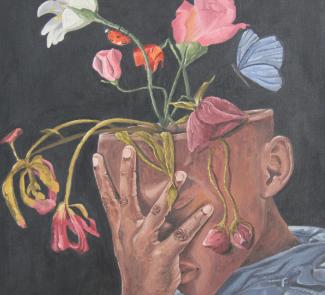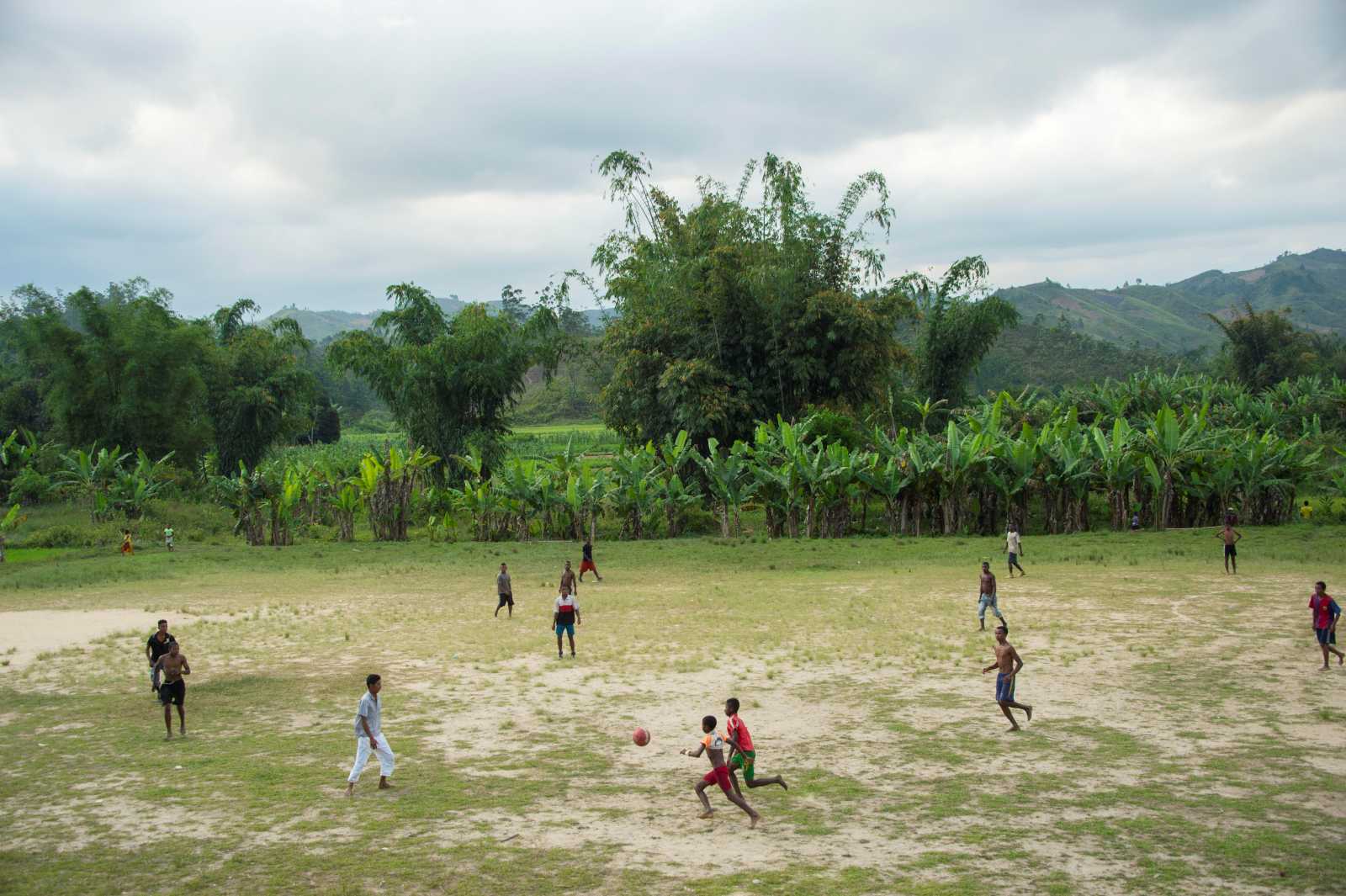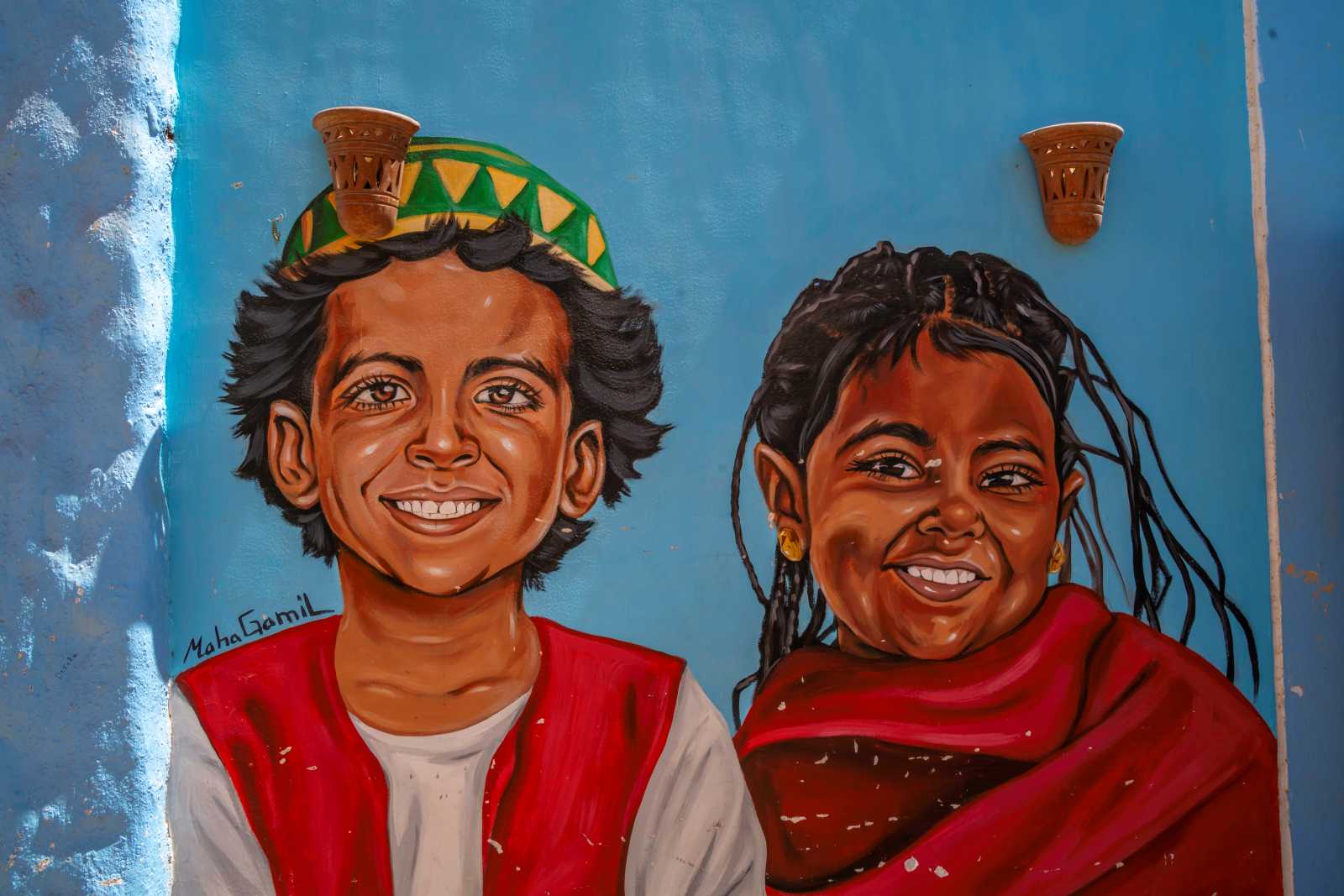Our view
Strengthening mental health worldwide

Mental health is just as important as physical health for individual and social development. This makes the WHO’s estimate all the more alarming: one in eight people worldwide lives with a mental disorder. Anxiety and depressive disorders are the most common. A recent international study found that one in two people will probably develop at least one mental disorder in their lifetime.
Risk factors include poverty, violence and displacement, as well as global disasters such as the Covid-19 pandemic and climate change. People can develop post-traumatic stress disorder after experiencing an extreme weather event, for example, or they may become anxious or depressed when harvests become increasingly unpredictable. Secure living conditions are therefore essential for improving mental health worldwide.
Those who are already suffering must receive support. Mental health professionals are urgently needed worldwide, yet their availability varies greatly. According to the latest WHO Mental Health Atlas from 2020, Africa has 1.6 mental health professionals per 100,000 inhabitants, whereas Europe has 44.8. The difference between low-income countries (1.4) and high-income countries (62.2) is extreme. Even where provision is relatively good, questions remain: Who can afford mental healthcare? Are such services covered by health insurance? Who has health insurance in the first place?
Seeking professional help
Social acceptance also matters a great deal. In many societies, mental health issues remain a taboo subject. This stigma must be broken: the less those affected judge themselves, the more likely they are to seek professional help. In view of the figures mentioned above, it may also be helpful to remember that it is highly probable that others in your own environment are also suffering from mental illness – even if you cannot necessarily see it.
It is therefore crucial not to equate mental illness with weakness. Rather, it is part of being human – and those affected should be given the help they need.
Factors for resilience
The good news is that certain circumstances and characteristics that promote resilience can be found all over the world. Clinical psychologist Gladys K. Mwiti analysed for D+C how young people in Africa manage to overcome the many adversities in their lives. She cites the sense of community and mutual support traditionally found in many African societies, the entrepreneurial spirit that boosts self-efficacy and motivation and the strength and purpose provided by spirituality and religion.
Her findings can be instructive for modern societies around the world that are characterised by isolation. Loneliness is a risk factor for mental illnesses such as depression and anxiety disorders. It seems that we need to relearn what our ancestors knew: we humans are only healthy when we are in good company.
Maren van Treel is the social media editor at D+C.
euz.editor@dandc.eu
If you are thinking about taking your own life, please talk to friends and family about it. International suicide hotlines offer professional help:
https://blog.opencounseling.com/suicide-hotlines/















